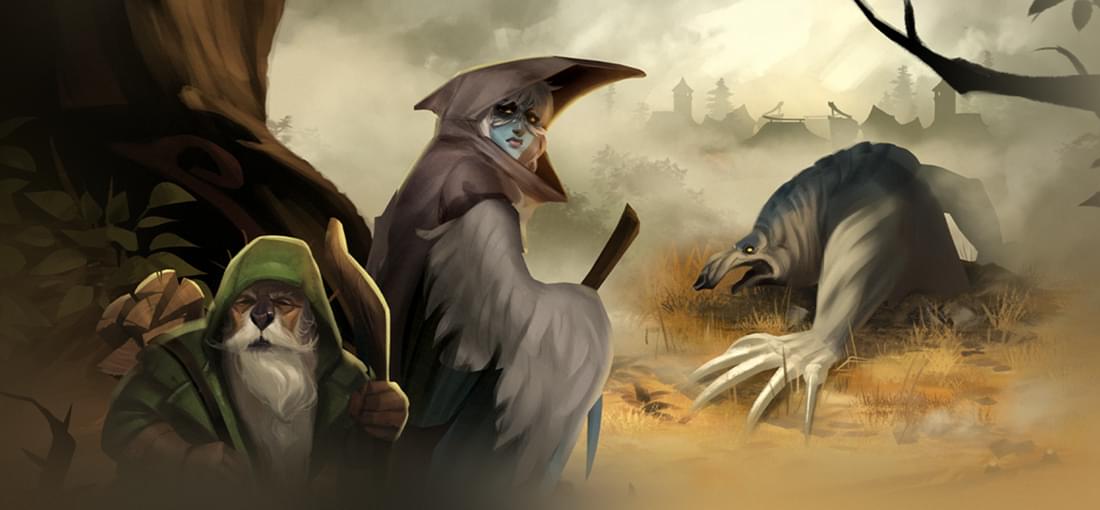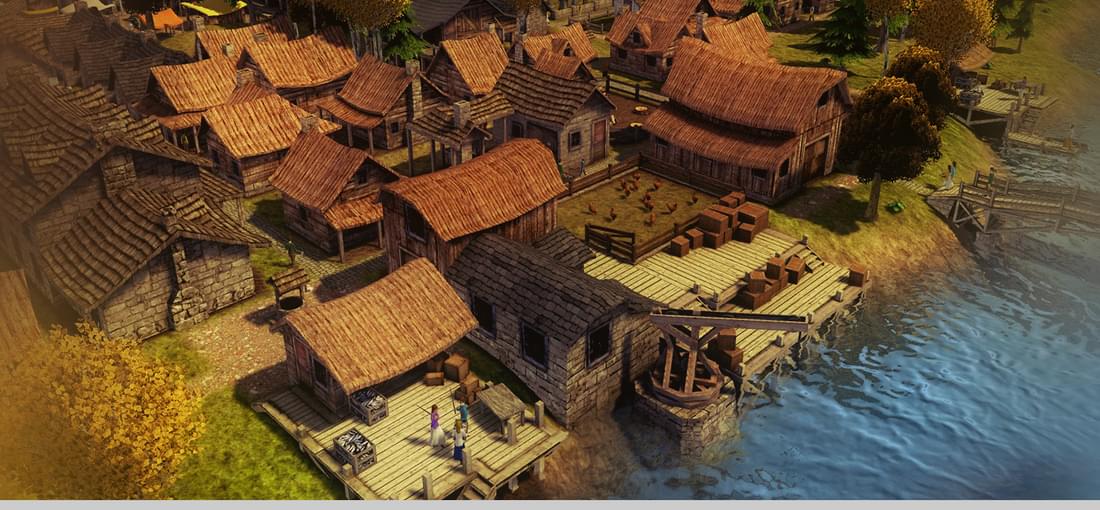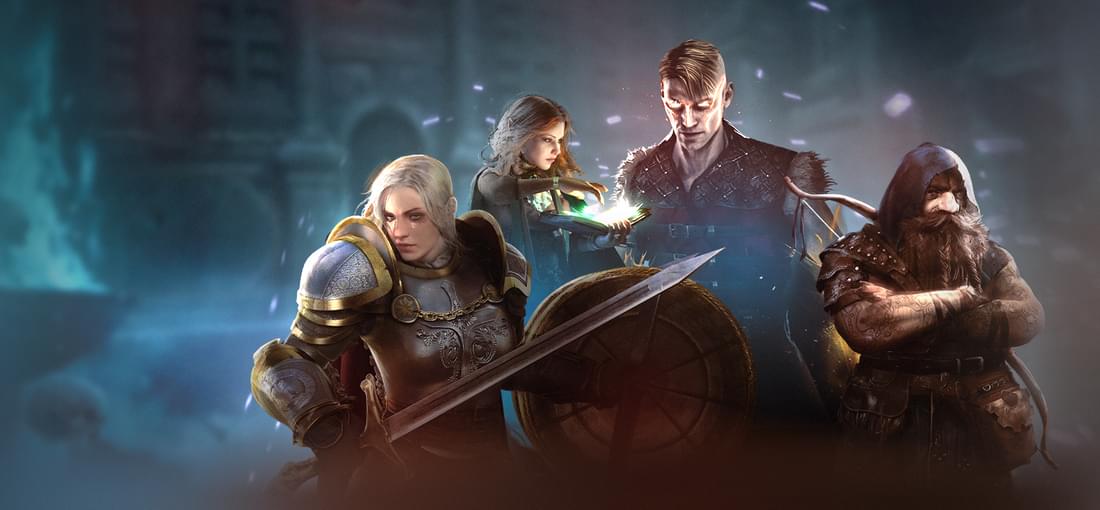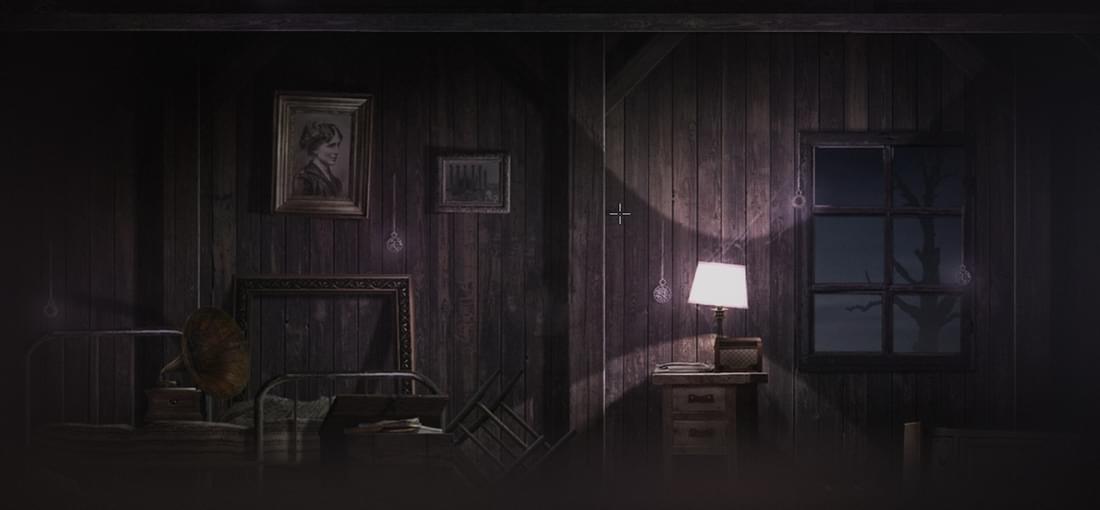


... The looming Chronos and his scythe getting closer - seeing your efforts slowly crumbling; these kind of games are like a child running on the beach, threatening your sand castle. You saw the little brat from a mile away, but no damage control is gonna save your pride. Who likes that? Against the Storm is all about time-pressure. Each settlement is a fight against time, as the storms get stronger and the queen’s finger of death gets closer. Why is it good despite that? I tend to squeeze every drops of gameplay a game has to offer. It’s no surprise I love city builders. They traditionally set pressure through events (fires, diseases…) and decay (resource exhaustion, census…), offering time to place the most delightful flower beds in your rich neighborhood. Against the Storm greatness is about how the time pressure is directly influenced by the players actions. Players can fulfill goals in so many different ways that the expectations truly are planning and problem solving. Not how fast you click, scroll or set shortcuts. This game mechanically focus the gamer toward objective-focused plays. It punishes passivity, rewards risks taking behavior and smart decision taking. Things are going bad? Let's explore more. Let’s sell everything. Let the queen be impatient and villagers die. Anything the sort in any other city builders would feel like a loss, but this game is about riding the bumpy waves. When everything goes well: the game becomes hard. When everything goes awry: the game soften. Victory feels earned. Defeat also. I think this game outlined a new sub-genre. What could be better? Aesthetic. Fundamentals are superb, but delivery falls short sometimes (the aunt?). It lacks atmospheric productions and details that compliment the weird fantasy tone the game already have. Then not only the game would be great, but the artistic experience too.

...it wasn't too shallow. I'm not gonna lie, Banished hooked me. Is it because it throws the gameplay at you, without long and annoying tutorials? Is it because how satisfying it is to watch laborers build houses, cut trees and tend orchards in this beautifully-detailed world? Or maybe it’s because the game offers just the perfect dosage of challenge to keep me busy optimizing while scratching my head: why are steel tools better than iron ones (they cost more, it should mean something!) and why all my laborers are dying (hint: they are not immortal)? But then - after hours of fun - turns out all the buildings have been built. All the ideas have been tried. All the questions about the mechanics of the game have been answered. Then it strikes: well the game don't have a lot to offer right? What’s next? No enemies? No challenges besides achievements (I'm not a virtual badge loving person)? No campaign? No buildings to unblock? No events but occasional fires or pest? No upgrades but the houses? No tech trees? Don't get me wrong: I don't know if any of these features are actually a good or a bad thing. What I mean is that the game feels shallow after 20h of play. That’s too bad, I would have liked to see more out of it. Oh yeah, and the game still crashes in 2023.

I like my role playing games to be ROLE playing games. I mean rich, interesting stories, lore and depths. I felt Solasta had nothing of the sort: it’s a shallow, story-dumb game. I played in co-op, we both made efforts to get into the plot and make interesting characters. Solasta offered such a poor support for role play that we cringed multiple times listening to awfully blend dialogues and predictable story. I'm actually sad it gets to that because I personally believe the game has some of the most innovative ideas to renew a genre that is looking too much in the past. But, Solasta devs lacked money and time. What a great idea to have dialogue lines delivered by the character that is closest to its corresponding characteristics like how shy, pragmatic, careful, greedy, etc. A fresh take on old-school RPGs that could be simply amazing if there weren’t so little pre-recorded dialogue lines… So sometimes, it’s bluffing how a player-made character becomes alive by leaning on being pragmatic, careful or greedy, and sometimes, it is stupid how out-of-character lines are delivered forcefully to make the (weak) plot advance. The combat system is quite nice, but it would require better explanations (why can I poison my bow but can’t stack a poison bow and a buffed special arrow?). Places look dead. 3 people to talk to in an entire city? Nobody is moving. Dead. Coop saves the game in my opinion.

TL;DR; Goetia is an underrated, story-rich point&click that avoid many pitfalls of the genre while providing memorable story, as long as you’ve made the choice to invest in the story. --- For the price, it’s excellent. When in promotion: basically a steal. However, I need to emphasize this: if you do invest in the story, read everything, take actual notes, this is a very nice and well-crafted game (with few exceptions). If you play without intellectual efforts: you’ll probably fell the puzzles makes no sense. Pros: - Very nice atmosphere and visuals - Compelling story - Devs/Designers attention to details is impressive - Some puzzles feels very good to solve - Puzzles mostly makes sense regarding the context, no stupid unrelated things (exceptions below) - No inventory = not too much stupid tries all objects on everything Cons: - I found three puzzles are unfair: stars watching, the wood path quest (wtf?) and the last diagram. I suggest you check solutions quickly after trying. - We don't SEE or HEAR enough demons. So frustrating. :( - UI to check the already-found clues is weak. - At some point in the game, a map would have been appreciated.